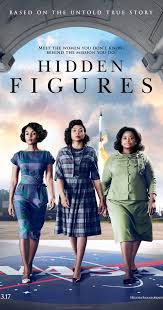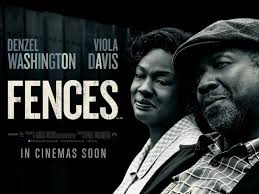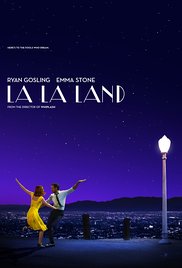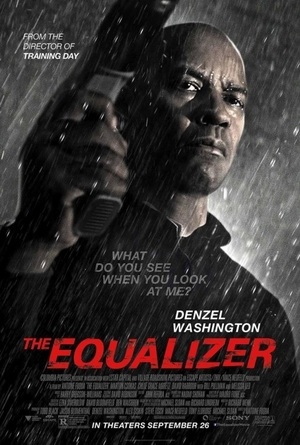
***1/2
The plot of Hidden Figures is a simple one. A group of people backing their talents to overcome a number of obstacles. The defining difference for this film is that the group of people are black women working for NASA during the early 60s amid the height of the space race against the Soviets.
The film begins to fill the void that was well documented a year ago with #OscarsSoWhite in that it takes a general story structure that has been done time and time again and applies it to a different group of people, something that hasn’t been done often enough. This very fact gives it a bit of freshness and novelty that allows the duration of the film to be enjoyed.
At least two of the three leads are very good. Taraji P. Henson is wonderful as Katherine Johnson, the ultra smart calculator who has to overcome racism and sexism to help get the first American in space. What begins as turning the other cheek to do the work she loves escalates to a wonderful monologue disavowing the way she is being treated. It is fiery and passionate and adds a fair bit of weight to the film. Also, even though her love arc with Mahershala Ali’s character feels a little shoehorned in, they both create a memorable scene that elicits a good deal of emotion.
Octavia Spencer, playing the part of Dorothy Vaughn, is a very strong screen presence and delivers time and time again, whether it is continually fighting for a promotion or self-learning and then teaching FORTRAN to ensure her job, and the job of other black calculators, are not made redundant.
Janelle Monae as Mary Jackson, the other figure of the film, doesn’t quite carve out her own path or identity. We follow her through the film as she fights against institutional racism to be able to study to become an engineer, and we do feel happy when she achieves this, but the story doesn’t really allow for three strong characters and, as such, Jackson is relegated.
In amongst the main characters are quite a few two dimensional ones. Jim Parsons plays an incensed mathematician who can’t stand that a black woman has to check his numbers and is better than he is. Kevin Costner is passable as the leader of the team who doesn’t care about any other attribute that a person has other than if they can get the job done well. He does, at one stage, smash down a toilet sign, not necessarily as a sign of emancipation, but one of productivity. Kirsten Dunst is the female Jim Parson’s, blocking promotion and acting as a tangible obstacle. They all add a little bit to the story but would have served the film and story better with a bit more depth and development.
There are some glaring issues that stop Hidden Figures from reaching greater heights. Racism feels to be approached from quite a sanitised position. Long dashes to the bathroom and being denied library books is about the depth of the tangible racism that is shown. A few shots of segregated busses and water fountains are included. Even when a local cop is gearing up to be particularly unpleasant, a flash of a NASA card is enough for him to escort the three women to work. Considering the film is set on the cusp of events such as Medgar Evers’ death and the creation of the Black Panther Party, it feels isolated. Perhaps the film doesn’t have the remit to show such intense hatred, but the fact it feels like it isolates the women’s struggle from the overall struggle is a downfall.
This isolation also feeds into the ending where everything worked out fine and perhaps it did for these ladies, but a story that is meant to be representative of the black struggle loses value when it shows a happy ending whist that struggle is still well and truly ongoing.
These points aside, the film should be commended for shining a light on people who society previously deemed unworthy of praise and doing so in a manner that is enjoyable and emotionally resonates on some levels.


